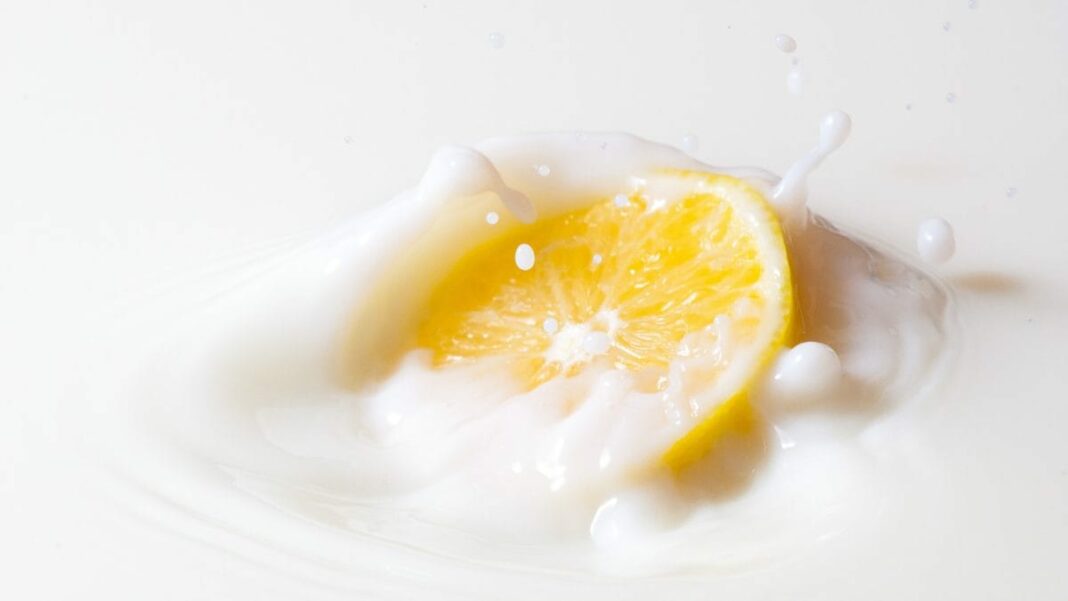Citrus fruits like lemons, grapefruits, mandarins, and oranges are known for their aromatic juices and zesty peels that can elevate any drink, dessert, or recipe. However, despite their versatile culinary applications, citrus fruits can also have undesired effects on certain foods. One such food that doesn’t pair well with citrus is milk.
What Happens When Milk and Citrus Fruits Come in Contact?
Milk and citrus fruits are fundamentally incompatible due to their chemical compositions. Milk contains proteins, primarily casein, and fats, while citrus fruits are rich in acids, such as citric acid. When these acids come into contact with the proteins in milk, they cause the milk to curdle. This reaction occurs because the acid lowers the pH of the milk, leading to the coagulation of proteins. The result is a lumpy, unappetizing mixture that can be quite unpleasant to consume.
The visual and textural changes are accompanied by a distinct sour taste, making the mixture highly unpalatable. Drinking milk that has been mixed with citrus juice can cause digestive discomfort for some people, as the curdled milk can be harder to digest. This is particularly problematic for those with sensitive stomachs or lactose intolerance.
Why It Should Be Avoided Mixing milk and citrus fruits should generally be avoided due to the unpleasant results and potential digestive issues. Beyond the immediate curdling, the mixture can spoil quickly, especially if left at room temperature. This rapid spoilage can lead to foodborne illnesses if consumed. Furthermore, the combination of milk and citrus can disrupt the flavors and textures of your culinary creations, leading to disappointing results in your recipes.
Wait… So Have I Been Lied To When I’ve Read Baking Recipes?
No! Interestingly, in baking, the rules about mixing milk and citrus change. When preparing cakes or creams, citrus peels and juices are often added alongside milk without adverse effects. This is because baking typically involves additional ingredients, such as flour and eggs, which stabilize the mixture. The heat from baking also changes the chemical dynamics, preventing curdling. In fact, the slight acidity from citrus can enhance the texture and flavor of baked goods, adding a delightful tang and moistness to cakes and creams.
